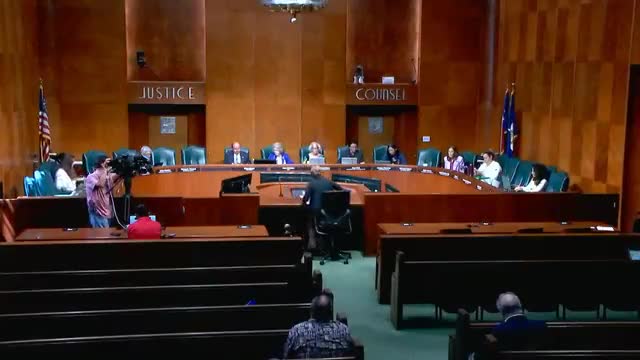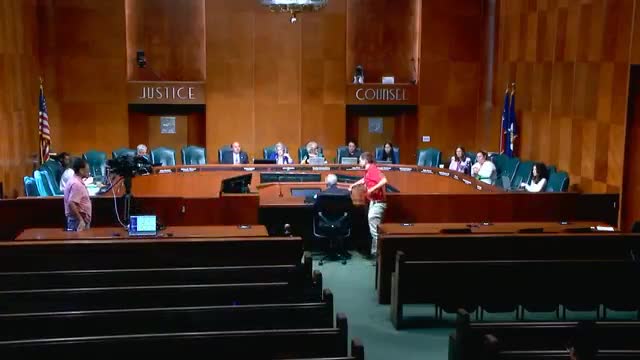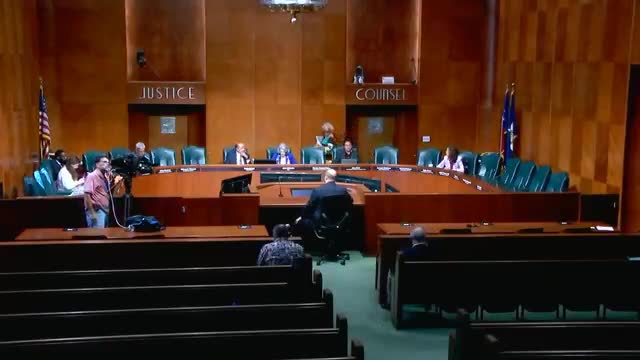Article not found
This article is no longer available. But don't worry—we've gathered other articles that discuss the same topic.

Advocates press committee on light pollution and efficient lighting as public-safety and grid-resilience measures

Houston Shade Brigade urges stronger tree-planting rules, watering support to recover canopy

